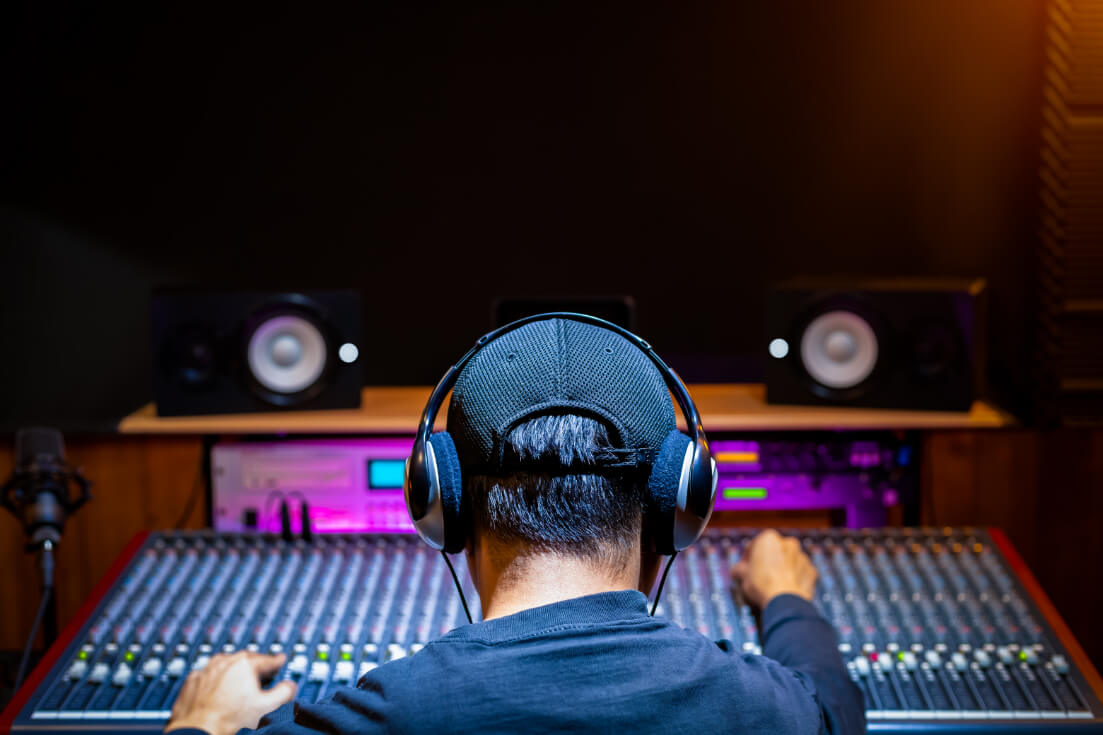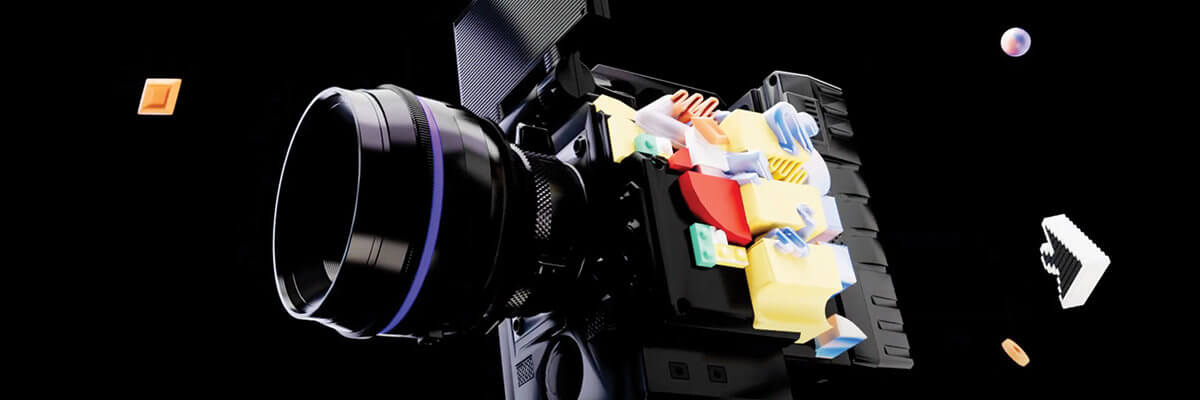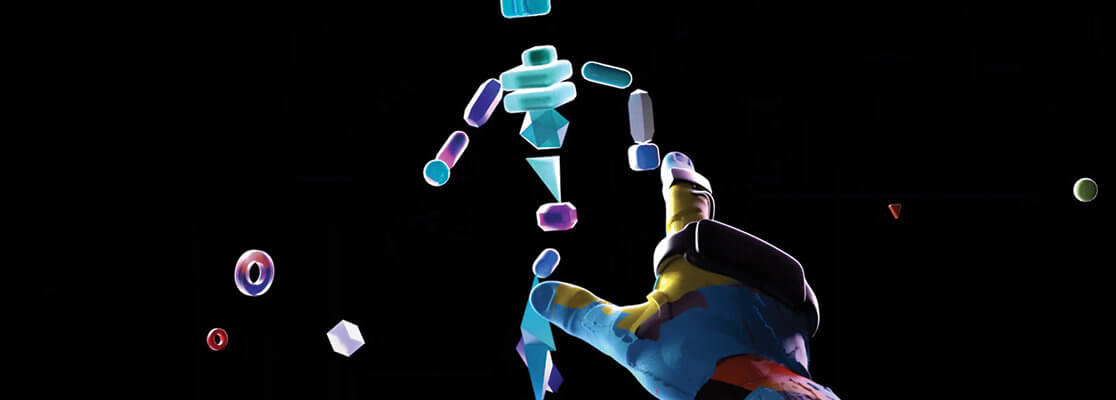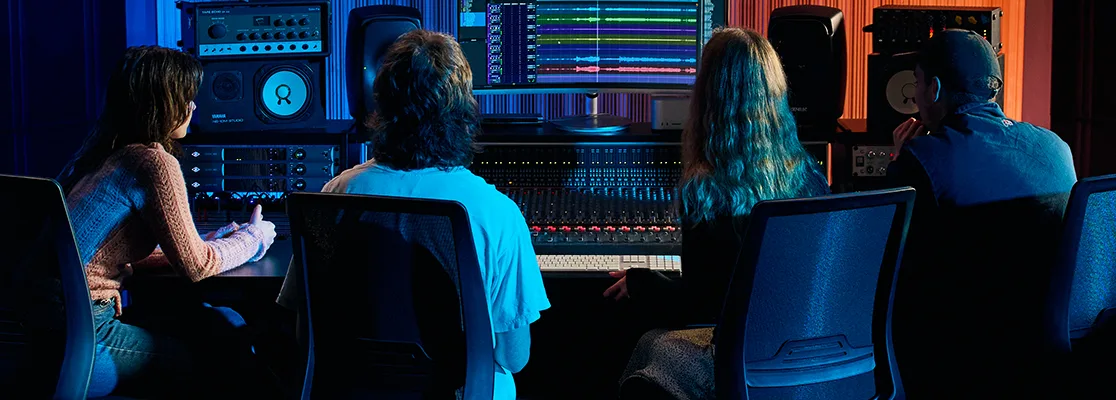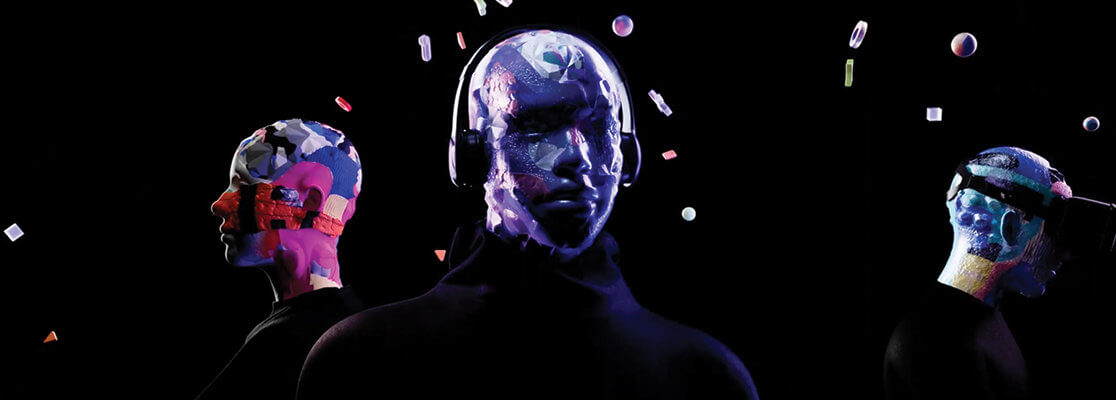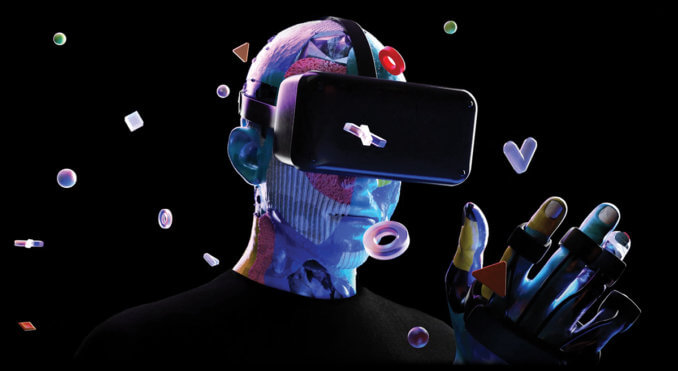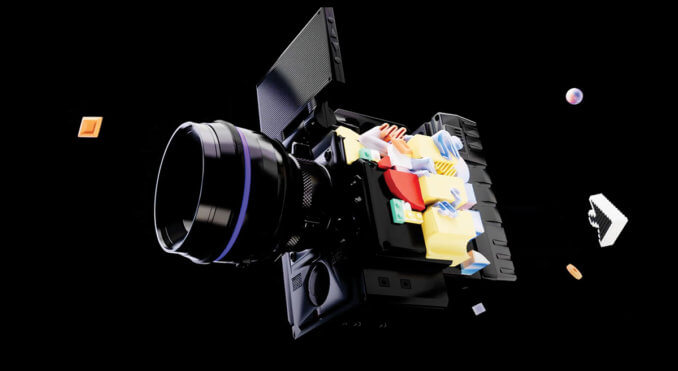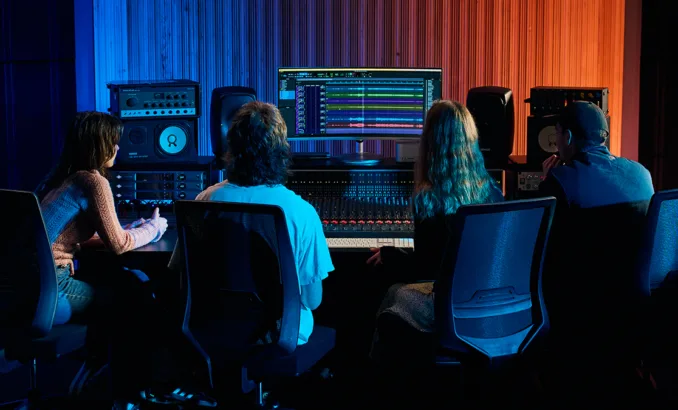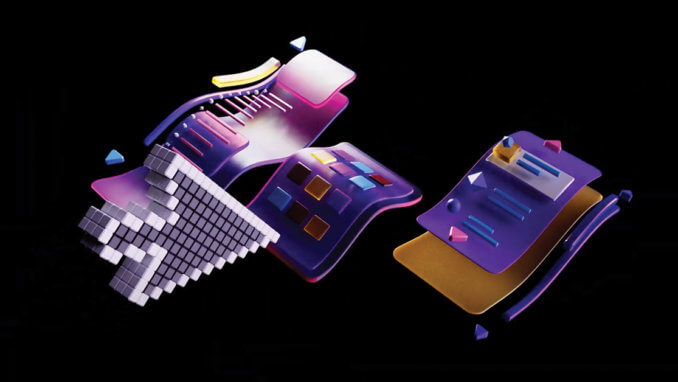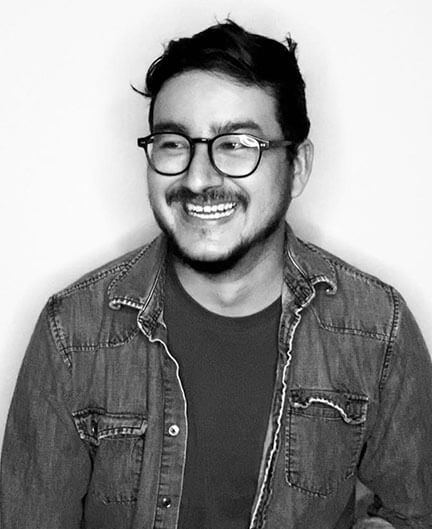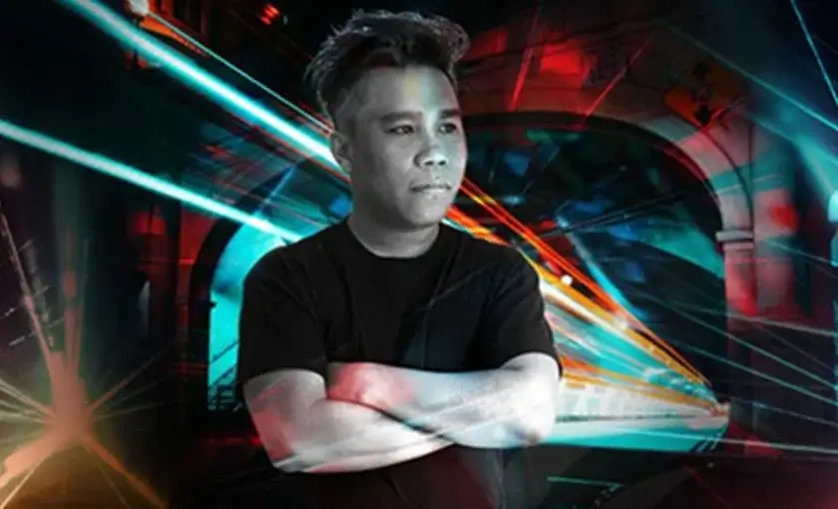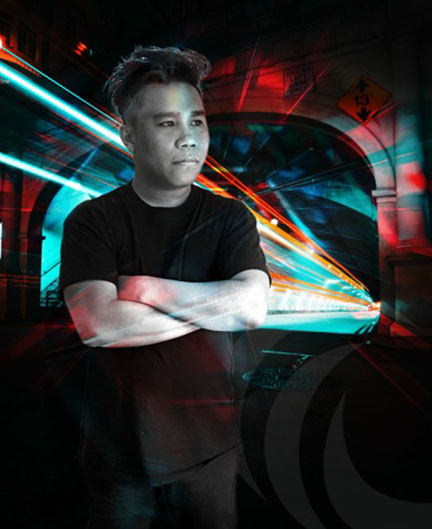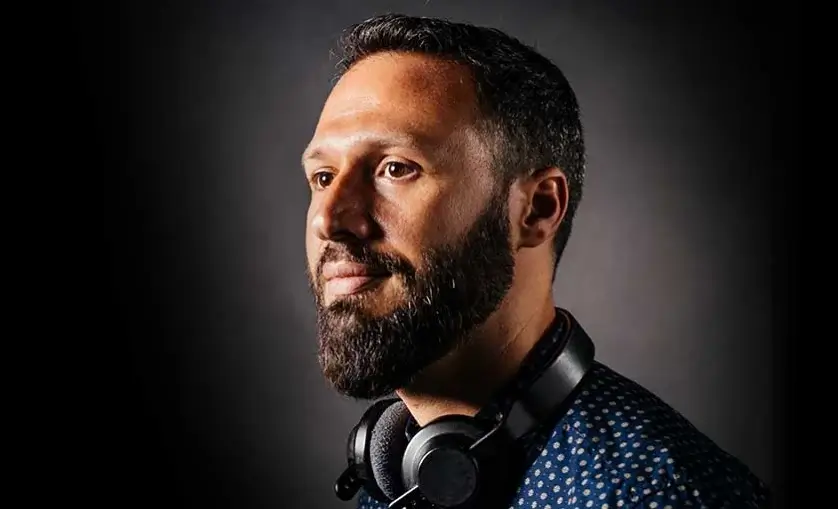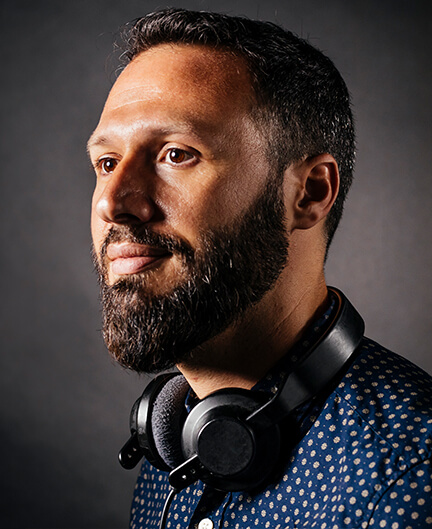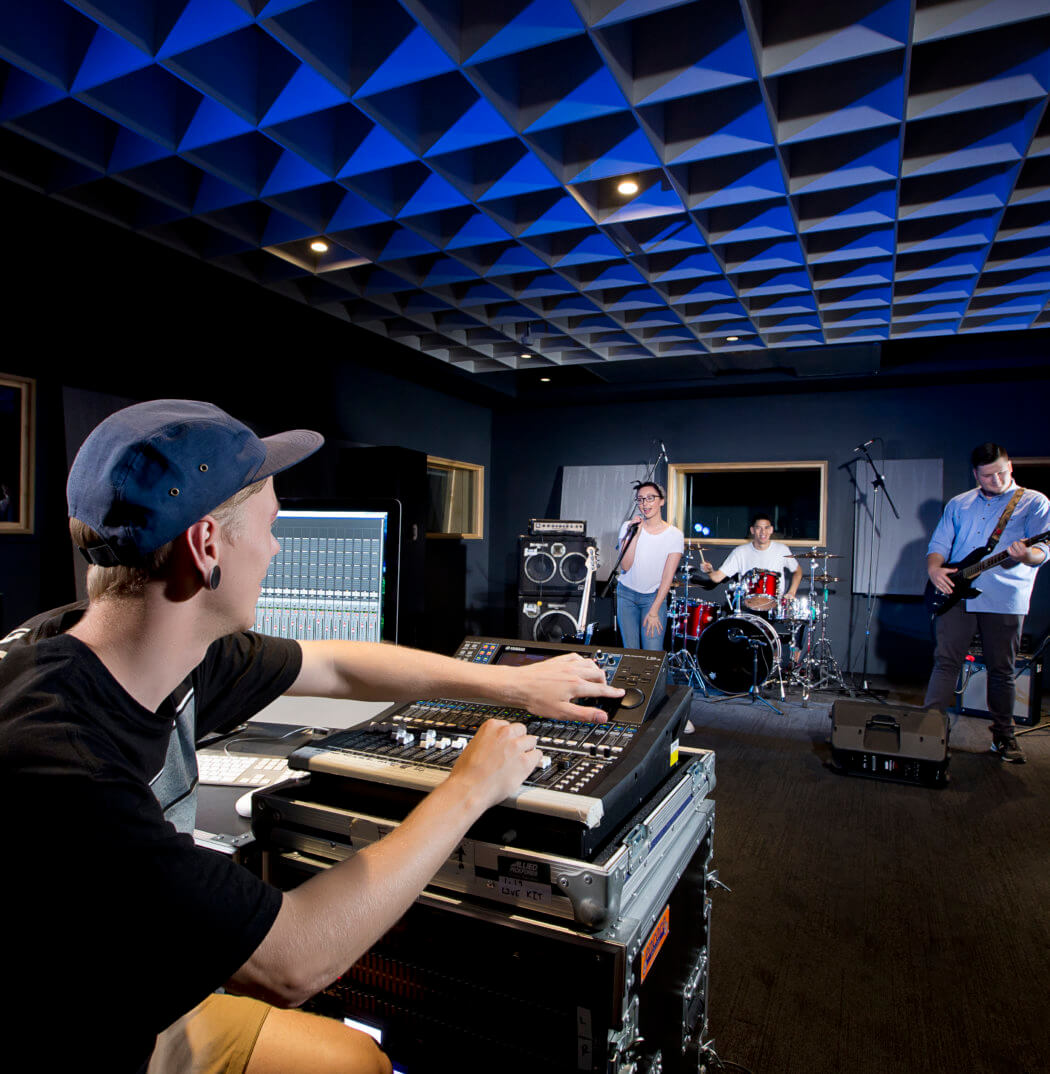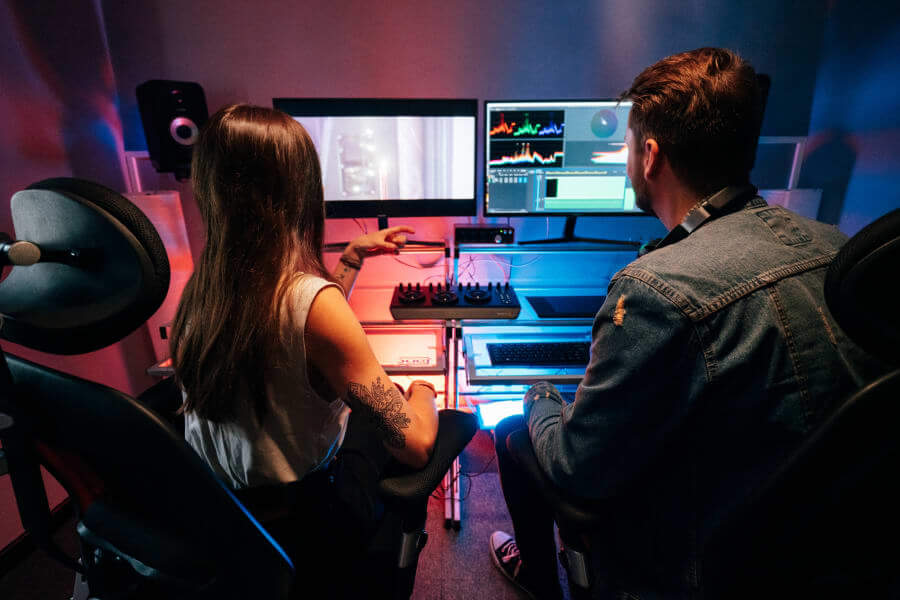Bachelor of Audio
MAKE SERIOUS NOISE IN THE AUDIO INDUSTRY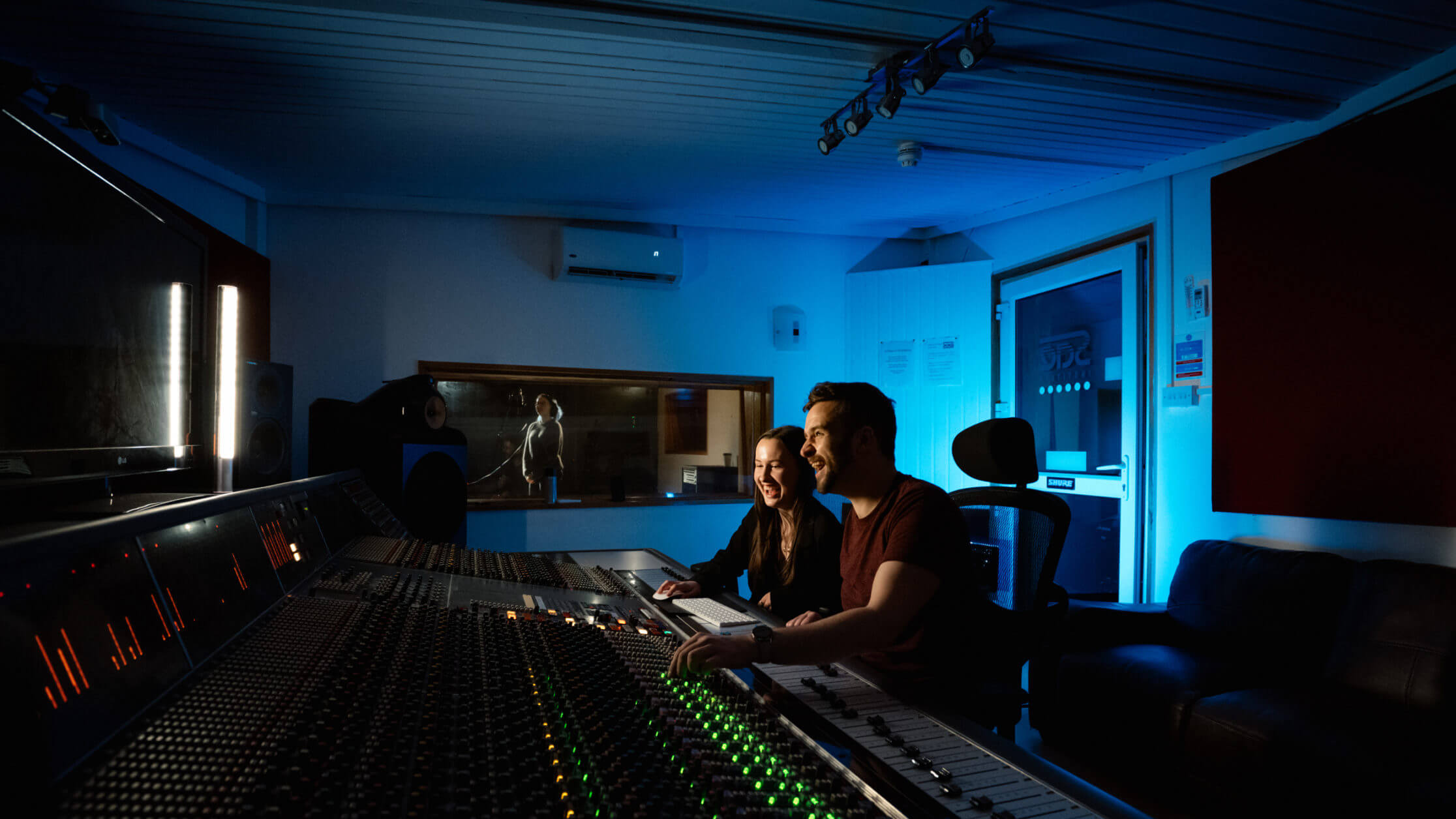
Units x Costs ($AUD)
2 x $3,807
9 x $2,728
6 x $5,456
1 x $7,614
2 x $8,184
Indicative Annual Course Fees*
(based on 1.0 EFTSL)
$26,140 AUD Year 1
$21,824 AUD Year 2
$21,824 AUD Year 3
Plus Student Services and Amenities Fee (SSAF)
Indicative Total Course Fee*
(based on 3.0 EFTSL)
$69,788 AUD
Plus Student Services and Amenities Fee (SSAF)
* The Indicative Total Course Fee & Indicative Annual Course Fees reflects that students are charged fees on a per unit basis and the fee for a unit may increase.
For more information view the SAE Fee Schedule or visit the Fee & Payment page.
Units x Costs ($AUD)
2 x $4,439
6 x $3,178
4 x $6,356
1 x $8,878
2 x $9,534
Indicative Annual Course Fees*
(based on 1.0 EFTSL)
$30,468 AUD Year 1
$25,424 AUD Year 2
$25,424 AUD Year 3
Plus Student Services and Amenities Fee (SSAF)
Indicative Total Course Fee*
(based on 3.0 EFTSL)
$81,316 AUD
Plus Student Services and Amenities Fee (SSAF)
* The Indicative Total Course Fee & Indicative Annual Course Fees reflects that students are charged fees on a per unit basis and the fee for a unit may increase.
For more information view the SAE Fee Schedule or visit the Fee & Payment page.
Complete your course faster by studying units across 2 years (6 trimesters).
Complete your course faster by studying units across 2 years (6 trimesters).
Complete the study units across 2.5 years. (8 trimesters).
Whilst still classified as a full-time study load, you will complete course units over a 3 year period (9 trimesters).
If you want to take a little longer, that’s ok too. We’ll help you work out the best study load to suit your needs.
Note: Part-time is not available for international students.
September 2024
February 2025
May 2025
September 2024
February 2025
May 2025
September 2024
February 2025
May 2025
September 2024
February 2025
May 2025
September 2024
February 2025
May 2025
September 2024
February 2025
May 2025
BACHELOR OF AUDIO
At SAE we can offer small classes and one-on-one mentoring opportunities you may not find in a larger university. You’ll apply theoretical knowledge and best practices while accessing studios to amplify your talents on cutting-edge equipment like the Neve, or an SSL, or an Audient console. All the while you will gain proficiencies on software like Pro Tools, Logic Pro X, and Ableton Live.
Your growth and development as a creative practitioner will be assessed through the completion of industry-based projects. This will ultimately help you build up a body of work and portfolio to share with potential employers or your first client.
In preparation for an industry that commands agility and adaptability, you’ll cut your creative teeth on projects initially in partnership with your course peers. As your skills develop and you work on more dynamic projects, you’ll apply your capabilities to cross-discipline projects in games, film, music, and animation. By the end of your course, you could be collaborating with fellow students across all SAE disciplines.
Ultimately, this is all about a qualification that will expand your career. There is work placement as part of your course, to provide practical experience and build your network. We’ll also equip you with employability skills, giving you professional strategies in communication and self-promotion.
With a Bachelor of Audio, you’ll be ready for cutting-edge industry roles using modern creative business concepts and strategies. Career options include Studio Producer, Sound Designer, Sound Editor in film, live music, broadcast media, or games development.
Enjoy the benefits of being SAE trained – our audio students have achieved great success in the creative industries. SAE graduates are known within the industry for their high-level skills and are in demand.
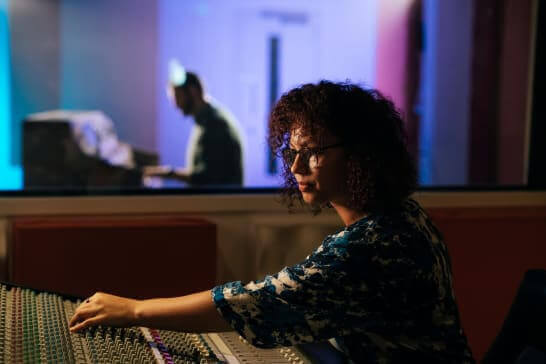
CAREER OUTCOMES
What jobs will this course lead me into?
Studio Engineer
Music Producer
Game Audio Specialist
Sound Editor
Staging Crew
Audio/Visual Technician
Sound Designer
Live Sound Engineer/Operator
Radio Broadcasting
What our students say about SAE
SAE Bachelor of Audio offers:
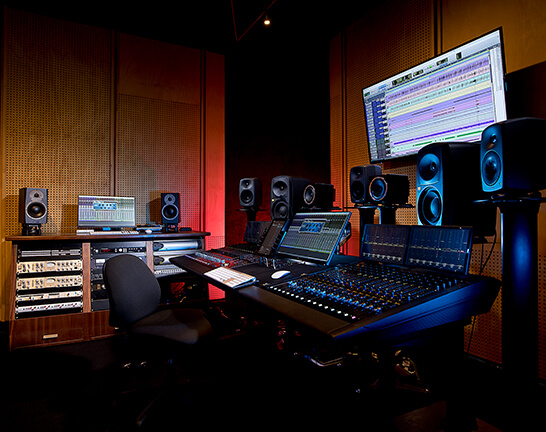
YOUR CAREER IN AUDIO BEGINS NOW
Tools & Software

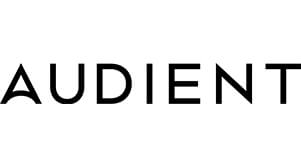
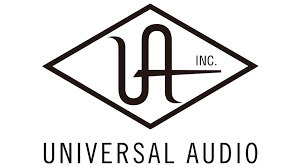
This Audio Engineering & Sound Production course covers:
Course Structure
The Bachelor of Audio is broken up into three distinct stages, each designed to develop different skills.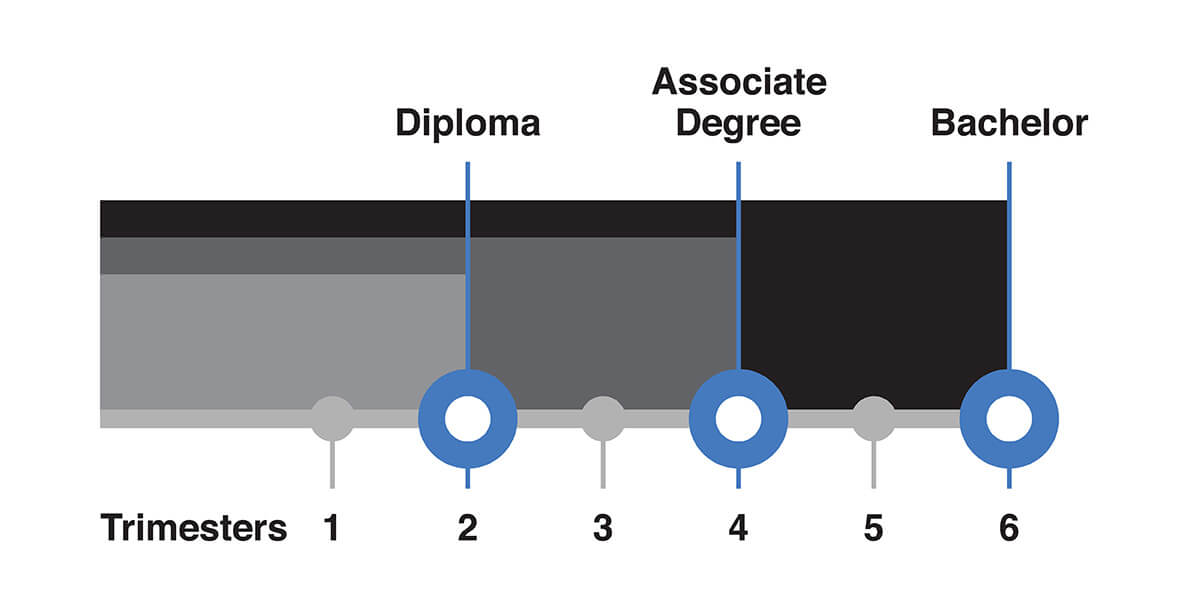
Thinking about Audio will introduce you to creative and scholarly thinking in your discipline. By examining leading thinkers and movements in your discipline, you will develop an understanding of key practical and transferable skills that will enable you to develop a deeper understanding of the learning process, research, and the nature of creativity and scholarship. This forms an essential foundation for your studies and your future career by fostering your skill as an independent learner and reflective practitioner.
Establish a basic knowledge of the principles of sound, foundational acoustics, human hearing, perception of sound and the range of technical terms related to audio. You'll sonically assess a listening environment and be able to communicate your ideas using industry terminology.
Potential projects:
Improve the acoustic properties of a home studio setup. Using technology analyse the sound of different rooms.
Gain the audio recording skills required to operate studio equipment and a Digital Audio Workstation (DAW) system by undertaking simple recording and mixing projects.
You'll be able to demonstrate an understanding of session planning, studio etiquette, microphone placement, signal flow, multi-track recording and signal processing (EQ, filters and dynamics processing) and be able to edit your session in preparation for mixdown.
Potential projects: Develop a plan for a professional recording session. Analyse sound recordings and create multiple mixes using balance, pan, equalisation, automation and FX processing.
This unit explores the concepts of entrepreneurship, innovation and project design. You will develop approaches to identify promising opportunities and actionable strategies to transform them into tangible successes. Through exposure to developing new ideas, processes and ways of working - both individually and in entrepreneurial teams - you will hone skills to put creative ideas into practice and achieve real-world impact.
As Alan Kay explained, "The best way to predict the future is to create it", so let's get at it!
An introduction to the technology used in various audio systems such as recording studios, live, and audio-visual sound reinforcement systems.
Develop basic soldering and electronics fault-finding skills and investigate the connectivity and terminology of small-scale audio systems.
Potential projects: Safely set up and operate small live sound or audio-visual systems for music or spoken presentations.
Apply your acquired production skills in real-life audio, music or sound design projects, one ‘in the box’ and one in the recording studio.
You'll deliver to a brief, using production skills and researching comparable works to create well-rounded products through iterative processes.
Potential projects:
First project: Enhance an audio production using sequencing, sampling and synthesis for music composition or sound design project.
Second project: Working on a collaborative studio production, You'll apply project management skills to demonstrate effective use of time and resources, whilst documenting and reflecting on the production process, identifying areas for improvements and responding to feedback from your your classmates and facilitator.
In CIM210 you will be working on interdisciplinary projects that relate to some of the most important concepts in contemporary media production. You will learn practical and analytical skills in order to help you develop your creative powers and meet briefs that take you out of your comfort zone. You will need to bring all of the skills you have learned so far: technical skills, research skills, communication skills and a growth mindset, and be prepared to encounter new concepts and new ways of working.
Media and culture are not simply entertainment, but something that affects the “real world”, our everyday lives, and our worldviews. As such, we will not ask whether media accurately reflect the real world but instead ask how media shape, reinforce, and challenge power structures that influence our understanding of the world and ourselves. This unit takes a ‘critical theory’ approach to analyze media and culture. In this unit, you will explore media texts, contexts and meaning, society and subjectivity, pop culture aesthetics, and critical cultural discourses that inform creative media practices.
Drawing on a range of creative content and analytical frameworks, you will be encouraged to develop ways of thinking about media and culture that demonstrate a broad awareness of aesthetic principles and stylistic trends; subjectivity, agency, ethics, and relations of power; contexts, disciplines and discursive formations. In support of this exploration, you will produce a range of media artifacts that explore and contextualize the relationship of media to culture through individual analysis, collaborative and interdisciplinary creative practice, and critical reflection.
In this audio unit, you'll enhance critical listening and technical abilities by comparing and contrasting environments, digital audio workstations (DAWs), and workflows. You will chronologically explore the art of mixing through a variety of styles and gain insights into its contemporary role in music consumption. The course addresses environmental impact on mixes and offers optimisation strategies, allowing you to expand and refine your workflows to service a variety of musical styles and listening environments.
This unit will further develop your recording studio skills with hands-on experience in audio production and related areas. The first project aims to give you insight into alternative methods of marketing and promoting your skills as an audio practitioner. The second project requires you to research a concept related to audio production and develop a media asset based on your findings. Throughout the trimester you will develop and refine your professional skills, document your participation in various activities and assignments, and showcase your technical proficiency and writing aptitude. You will also further develop your DAW skills and knowledge.
The course is structured to foster your initiative and creativity, with the objective of serving each of the learning outcomes through self-designed projects. These projects will provide you with practical experience in audio production in the recording studio, and help to refine your critical thinking, research, and writing abilities.
Technical sound designers play a crucial role in bridging the gap between the creative and technical aspects of game sound production. They work with game development tools such as Unity, Unreal Engine, FMOD and Wwise to implement audio into games. They primarily take care of sound implementation tasks, whilst being flexible enough to assist in other areas, such as developing and managing audio assets.
In this unit you will develop technical sound design skills and knowledge, including: middleware integration, audio implementation, object based panning, occlusion, trigger boxes, procedural audio, real-time effects, randomisation, interactions and adaptive music systems and more.
By the end of this unit, you will have a demo video suitable for applying for entry level Technical Sound Designer roles. You will also be equipped with the skills needed to navigate the multifaceted domain of game audio.
Sound in the environment is crucial in our daily lives and in the production of nearly all media. When working with sound, we constantly desire to control our acoustic environment in the first instance to obtain uncontaminated recordings and, secondly, to clinically listen to and work with these recordings. The goal of this Unit is to guide you through and expose you to various disciplines of sound and sound recording that exist outside of the controlled environment of the studio—to lead through sonic encounters with the world around us. From Film sound and its associated location recordings, documentary recordings and acoustic ecology to recreating these environments through Foley recording, this Unit aims to expose you to practical and theoretical experience with location sound. Exploring recording devices, microphones and microphone techniques to multi-track digital audio workstations (DAWs)– this course expands through ideas and practices of location sound, exposing these components and exploring their connection to various media.
The unit introduces the theories and applications of user-experience design principles relevant to interactive Augmented and Virtual Reality experiences, and the practical knowledge required in the technical production and development of introductory experiences. Practical, project-based learning activities will be completed in parallel with theoretical discourse and collaborative research. Blue-sky thinking and speculative design are encouraged to allow for the conceptual development of ideas.
This is the first unit in a two-part process of developing a collaborative project, designed to meet professional publication standards. In a group, you'll design and execute a full-scale creative project which will be designed to a specific target audience and market of your team's choosing.
Working closely with SAE Project Supervisors, your project will be guided through formal pre-production and production processes to deliver a creative media project. If you are undertaking a specialisation in your course, you will be required to align it with this capstone project as part of the approval process.
This unit is designed to support the pre-production process, long term success of the project and the fair and equitable contribution of group members. You'll present to the panel your forward plan for the project, which demonstrates rigourous pre-production processes to mitigate risk to ensure the project can be delivered on time and to specification.
Once you successfully complete this unit the emphasis of the capstone project development will move away from pre-production into full production mode.
Plan and execute professional productions with emphasis on an authentic and real audience. You'll develop and pitch projects, clearly establishing your aims and engage in feedback processes with project stakeholders.
You'll be able to autonomously demonstrate commercial industry practices in order to compete as an industry professional. You'll refine your transferable skills such as collaboration, research, interdisciplinary approaches and engagement with specific feedback processes, further preparing you for entry into the audio industry.
You will work autonomously as an audio practitioner within challenging and diverse team environments across all disciplines and will be encouraged to work towards common project goals.
Aesthetic and non-artistic concepts of live sound reinforcement and advanced application of audio such as broadcast and streaming will feature heavily and you are encouraged to look at how emerging technologies and traditional studio environments can potentially intersect.
As with other studio units, Studio 4 covers a range of generalised areas and with the support of your facilitator You'll aim to synthesise and contextualise these areas to your own career interests.
You'll be able to take on a higher level of responsibility which can range from professional portfolio articles, and contribution to your industry through to the delivery of industry-standard artifacts hosted on your own portfolio or in other public domain areas such as published industry media sites, streaming services, sound installations or social media.
Start to develop a clear career direction and build artifacts and relationships that will impact your trajectory towards it positively.
CIM330 Major Project Production, along with CIM310 Work-Integrated Learning and CIM312 Major Project Development, form the final capstone experience of your undergraduate studies. In CIM330, you will build on the project plan and pre-production work that you have completed in CIM312. You will now complete the production and delivery of your final creative work. This will include the execution of the marketing and distribution plan developed in CIM312. Broadly speaking, this unit is about production and exhibition.
You will apply all of the production processes and procedures you have learned over the course of your degree and record these in your Documented Professional Practice as a means of demonstrating your progress and contribution within your team.
In this unit, your final project will now move into its production phase. Over the coming weeks, you will work collaboratively to deliver your creative work. You will apply the processes and standards you have learned throughout your learning at SAE. You will keep a record of this production process via Documented Professional Practice and deliver the production documentation appropriate to your project. Your CIM330 project supervisor will be a reference point for this documentation process.
Your project supervisor will meet frequently with you and your team during the trimester and will work with you to control and guide the scope of your project. This process ensures that by the end of CIM330 Major Project Production you will have a portfolio piece that represents the sum total of your skills and experience, delivered on time and to specification.
The aim of this unit is to introduce you to the core business structures, management frameworks and marketing strategies used by contemporary creative professionals. You will discover the key behaviours and practices of successful creative business people and the business principles they implement – strategies you can use in your own professional practice. This knowledge will assist you in effectively exploring your creative business niche, encouraging you to develop and operate as a sustainable professional within your chosen media field. Through an examination of marketing strategies and processes, you will be able to identify and target specific consumers and markets. You will then research and develop a product- or service-based business that meets the demand within these target markets. You will also develop fundamental marketing, promotional, communication, and financial skills essential to running a creative media business as well as exploring start-up methodologies and structures within the creative industries.
The transition from study to work is an important step for you as an emerging professional in the creative industries. Work Integrated Learning provides you with a professional experience opportunity that both complements and deepens the skills and knowledge you have gained from study. Placement requires a minimum of 80 hours at one or more host organisations.
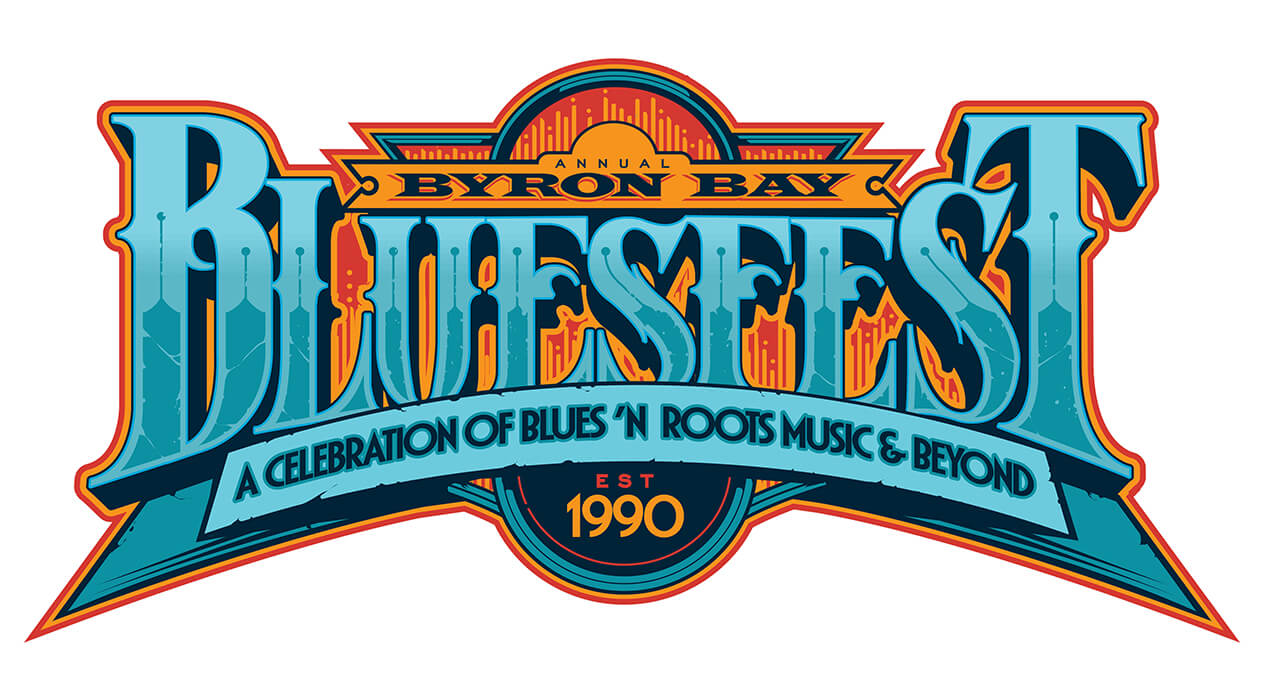

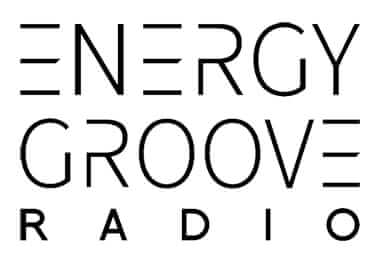
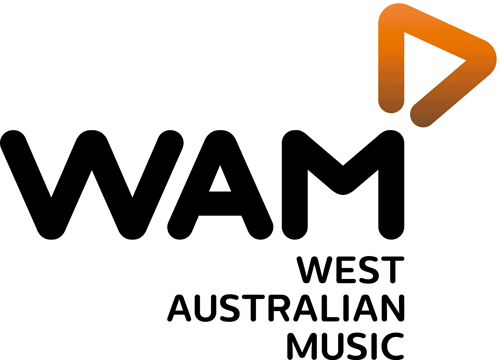
FEE‑HELP* is an Australian Government loan scheme that assists eligible fee paying students pay all or part of their tuition fees. It cannot be used for additional study costs such as accommodation or text books. The total amount of FEE‑HELP a person can use is known as the ‘FEE‑HELP limit’.
Once a person begins using FEE‑HELP, the amount of FEE‑HELP they have left to use is known as their ‘FEE‑HELP balance’.
* Terms and conditions apply. For the latest updates regarding FEE-HELP please refer to sae.edu.au/fees
All SAE courses have a focus on practical, hands-on delivery. The amount of practical time you experience during your studies does vary, depending on your course. You will also have opportunities to access campus resources and facilities outside of class time, during campus opening hours.
CREDIT AND RECOGNITION OF PRIOR LEARNING
SAE may recognise your prior learning and may grant credit towards satisfying the requirements for a higher-level program. This is applied where previous learning is considered equivalent to the content and learning outcomes prescribed for units within the program.
For full details, please refer to SAE's policy on recognition of prior learning and credit transfers.
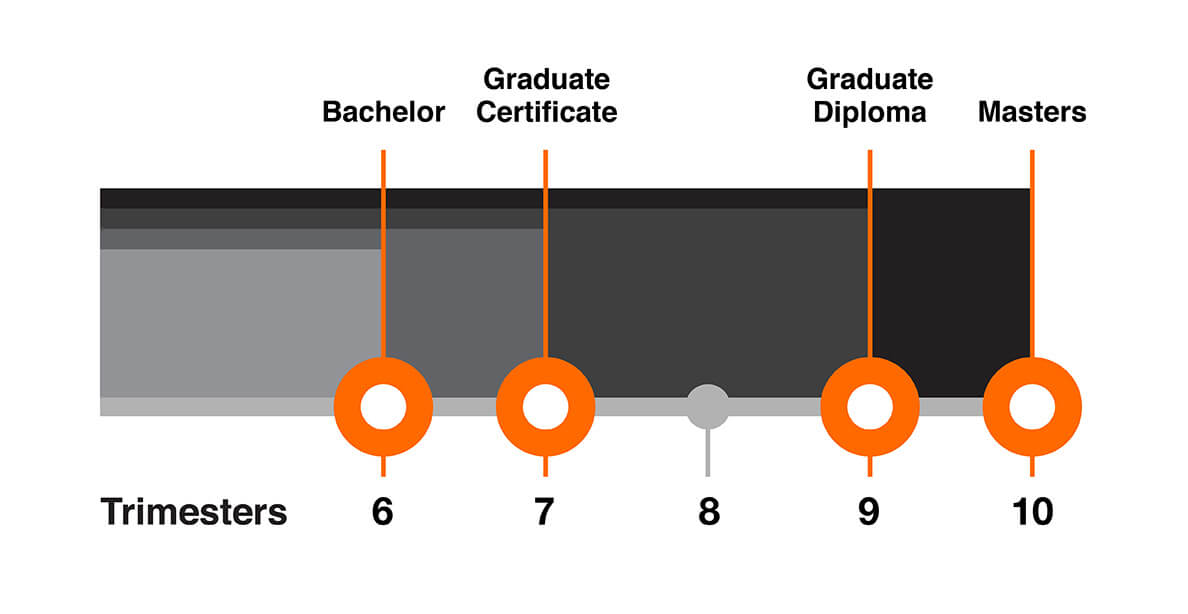
SAE courses are structured in an integrated course framework.
This means that when you complete an SAE Bachelor Degree you will be awarded the maximum credit points available, providing you with the opportunity to seamlessly transition into the higher-level postgraduate qualification if you choose to do so.
